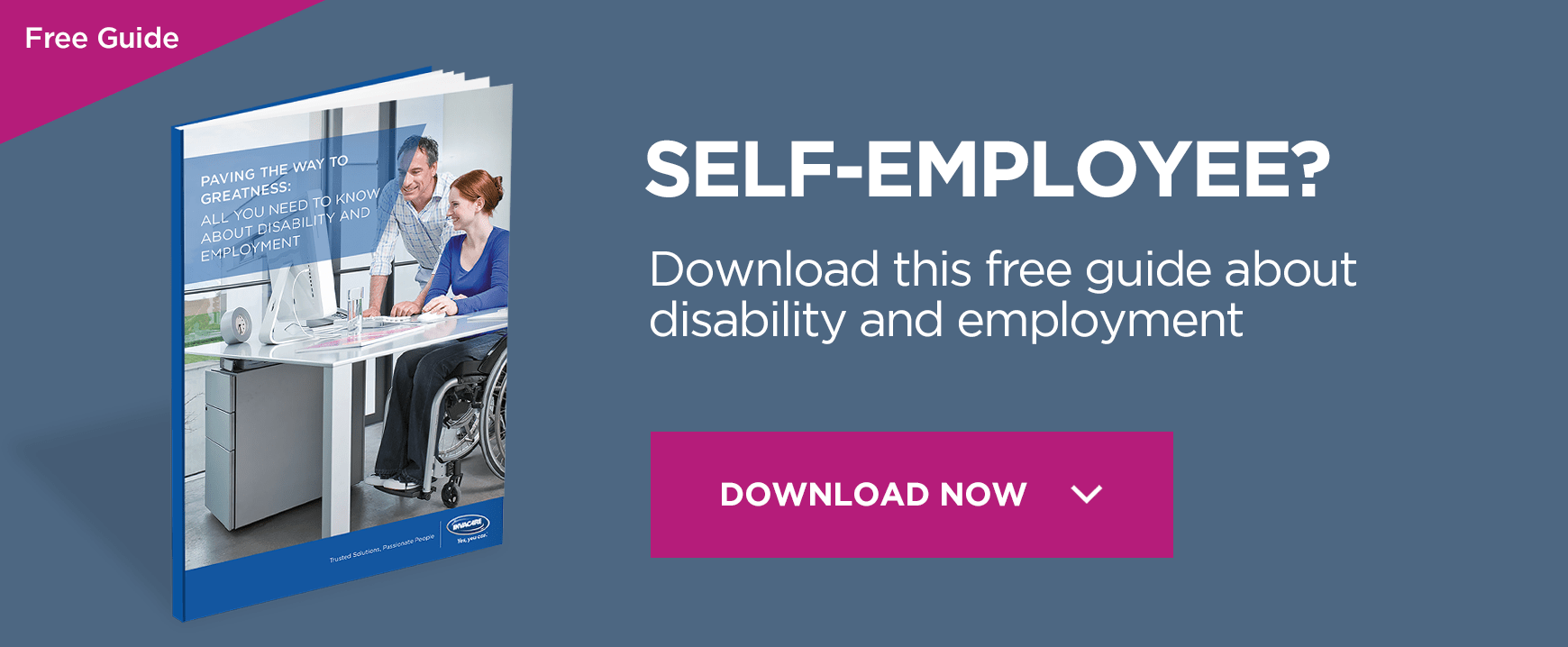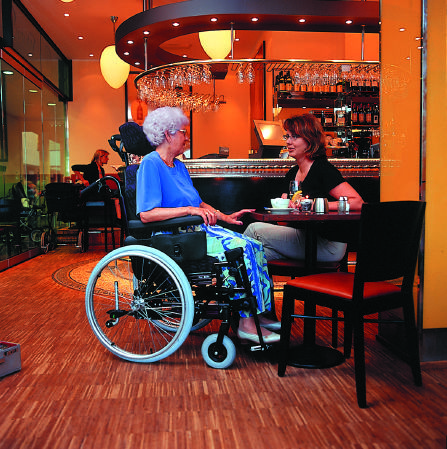Disability & Self-Employment: the Highs and Lows

For some disabled people, the idea of going into an office from 9 to 5, Monday to Friday, might not suit their capabilities or even their character.
Fortunately, there’s been a real rise in self-employment across Europe, with many disabled people setting up their own businesses, training other workers in disability awareness, creating innovative technologies and designs, leading the way in accessible travel, giving talks at schools and universities across Europe, and even consulting on accessibility on a global scale.
Pros & Cons of Self-Employment:
Below you’ll find some pros and cons of self-employment, in order to help you decide whether or not it might be for you.
Pros:
- The freedom to fit work around your personal life – you might have a family, be a caregiver to someone else, need to study alongside work, or thoroughly enjoy travel. With self-employment, your hours can often be extremely flexible, and your office can be from anywhere in the world (depending on your career pathway!)
- Answering only to yourself and your clients – you are your own boss! This is both liberating and a lot of pressure, as you are responsible for your deadlines, and might even be employing your own team who are dependent on your management.
- Escaping the cost and pressure of commuting – want to work from home a few days a week? You sure can! Yay!
- Variety – is the spice of life, as they say. You’ll be working on a variety of projects, meeting new people all the time, and will gain skills so quickly from having to learn fast as a one man (or woman) band!
- Success, it’s all yours – and this will either excite or terrify you, as failure will be all yours, too…
Cons:
- Lack of employment security – some months you might have three different projects on the go and not feel like you have a minute to spare. Other months you might be struggling to pay the bills. There are methods to cope with this, like having a ‘float’ of cash that you save from the good months to prepare for the bad ones, but the pressure is always real!
- Lost earnings if you take a holiday – unless you are a travel writer!
- Losing the division between work and home time – home working can also mean your home becomes an office, which is not always the best feeling when you are technically always on call and the working day sometimes does not finish until 10pm.
- If you work alone, you can become isolated and jaded – although you might not have to deal with the boredom of the same office day in, day out, you will have to make more of an effort to find time for social events and commit to attending, as otherwise, you may feel alone and friendships may suffer from your work pressures.
Self-employment can be so fulfilling, and might be especially beneficial for disabled people who are tired of inaccessible transport to work, daily commutes and a workplace that is not sufficiently catering for their additional requirements.







